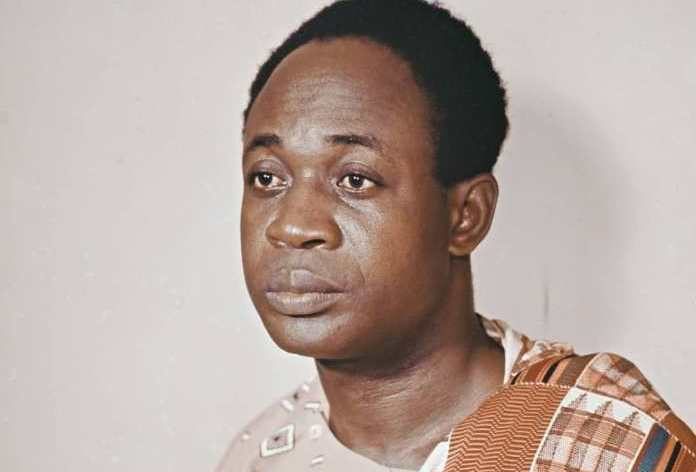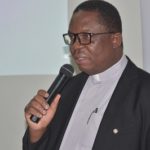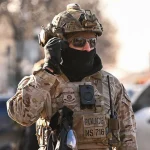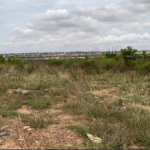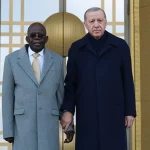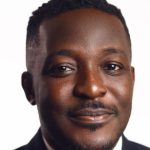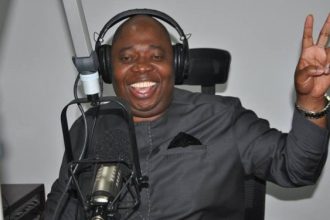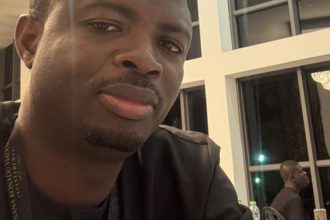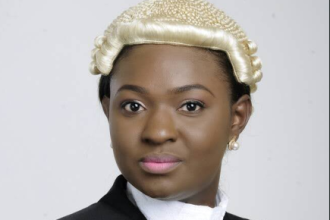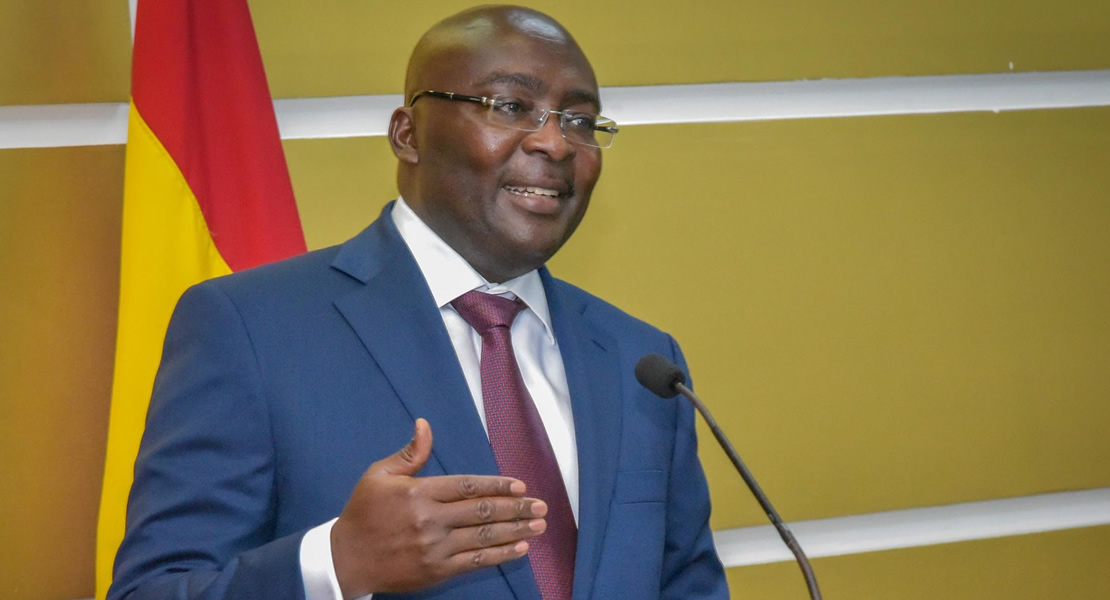“As far as I am concerned, I am happy in the knowledge that death can never extinguish the torch which I have lit in Ghana and Africa. Long after I am dead and gone, the light will continue to burn and be borne aloft giving light and guidance to all people” – Osagyefo Dr Kwame Nkrumah.
April 27, 2022 marks the 50th anniversary of the death of Osagyefo Dr Kwame Nkrumah, Ghana’s first president, a nationalist, a great pan-Africanist, an intellectual icon with a unique sense of responsibility, a man of vision and foresight, a veritable pillar of truth and moral principles, brave, talented, illustrious and sagacious.
A man of invigorate integrity and a vibrant personality encompassing simplicity and frankness of thought.
On February 21, 1966 Osagyefo Dr Kwame Nkrumah left Ghana on a state visit to Hanoi, the Vietnamese capital, ostensibly to broker a peace deal to end the American war in Vietnam.
On February 24, 1966, the Ghana Police and the Ghana Armed Forces, aided and abetted by forces of imperialism took advantage of his absence and staged a bloody coup that overthrew his government.
The coup, led by Major Emmanuel Kwasi Kotoka, was code-named “Operation Cold Chop”.
Osagyefo Dr Kwame Nkrumah went into exile in Guinea, at the invitation of his friend, President Sekon Toure, the President of Guinea, who appointed him honorary co-President of his country.
He stayed in Guinea for six years. In 1971, he fell sick and was flown to Bucharest, Romania for treatment.
He was diagnosed of Prostate Cancer and on April 27, 1972, he died. The government then, the National Redemption Council (NRC), under the leadership of Colonel Ignatius Kutu Acheampong, engaged in a protracted negotiation for his remains to be flown to Ghana.
He was buried in his hometown Nkroful in the Western Region on July 9, 1972. It is significant to note that the casket that contained his body had this inscription boldly written on it. “The Great African”, an acknowledgment of the fact that he was truly a Great son of Africa.
On July 1, 1992 the Provisional National Defence Council (PNDC), under the late Flt.Lt. J.J. Rawlings, transferred his remains to the Kwame Nkrumah Mausoleum, a tomb which was constructed to honour his memory.
It serves as a tourist destination which has been attracting many from all over the world visit it. Incidentally, that place was the Polo Grounds, where he declared Ghana’s independence from Great Britain on March 6, 1957:
“At long last the battle has ended and thus Ghana your beloved country is free forever.”
So ended the life of a man who was imbued with the spirit of patriotism and nationalism, a man whose unbridled passion was for the socio-economic development of his country.
A philosopher par excellence, an astute political and social thinker, an avid reader, a prolific writer, an unswerving and irrepressible upholder of the principle of truth, social and ethical justice.
Famous political dictum
Osagyefo Dr Kwame Nkrumah’s political dictum, “The independence of Ghana is meaningless unless it is linked up with the total liberation of the African continent,” was significant in the political history of Ghana and Africa.
Through his personal involvement and absolute commitment to the African liberation struggle, his charm and charisma, organisational acumen, razor-sharp intellect and quintessential display of oratorical excellence, he demonstrated a superior combination of effective, dynamic and inspirational leadership, which set in motion a hurricane of nationalism which was described by Harold Macmillan, the then Prime Minister of the United Kingdom as “the wind of change blowing through the continent of Africa”.
A nationalism, which guided the entire colonial world to gain their own sovereign independence, to end the invidious colonial oppression.
After Ghana gained her independence in 1957, Guinea followed and gained her independence in 1958. Through his persistent and consistent fight for the emancipation of the African continent, in 1960, 17 more colonies in Africa, including Nigeria, and nearly all the French African colonies became sovereign independent nations.
Within four years after independence, 32 African states under colonial yoke gained their independence.
Thus, Osagyefo Dr Kwame Nkrumah’s influence became the political anodyne which healed the colonial wound – oppression, suppression and servitude – a colonial system that had done an incalculable harm to the African Continent.
In fact, it is important to note that Osagyefo’s political umbilical cord was inextricably linked to the total liberation of Africa and the political unification of the African Continent.
Addressing the United Nation’s General Assembly in New York on September 23, 1960, he said, “As long as a single foot of African soil remains under foreign domination the world shall know no peace”.
Tributes
At his death, many tributes eulogising him were written by eminent personalities around the world. These included General Yakubu Gowon, who was a soldier heading the military government of the Federal Republic of Nigeria, who wrote: “The news of the death of the First President of Ghana, Dr Kwame Nkrumah has reached me with profound shock. History will remember him for giving all he had in the best way he could do to his people and Africa”.
Amilca Carbral, his friend and Revolutionary Comrade, wrote. “Nkrumah did not die of Prostate Cancer. He did not die of cancer of the throat. He died of cancer of betrayal by his own people.”
It is of historical interest to note that at home the perpetrators of this bloody coup d’etat unashamedly eulogised him thus: “His name in history has been assured.”
By this eulogy, it is palpably evident that they themselves appreciated the significant role Osagyefo Dr Kwame Nkrumah played in the socio-economic transformation of Ghana and the African liberation struggle.
The question that comes to the fore is: If they acknowledged this fact, why then did they oust him from office? John Webster in his book “Duchess of Malfi” wrote:
“Hypocrisy is woven out of a fine thread, subtler than vulcan’s engine, yet believeth it – your darkest actions, nay your private thoughts will come to light.”
Yes, their darkest actions and their private thoughts have come to light as classified information released by the CIA has proved beyond all reasonable doubts that the perpetrators of this dastardly and condemnable coup d’etat were agents of the imperialists used to topple Nkrumah.
Socio-economic development
It is an irrefragable fact that Osagyefo Dr Kwame Nkrumah contributed positively and tremendously to the infrastructural and industrial development of Ghana – the Akosombo Dam, Tema Township, the Tema Motorway, the establishment of Ghana Medical School, built several hospitals and clinics; built Aboso Glass Factory, Zuarungu Meat Factory, Wenchi Tomato Factory, Akosombo Textiles Ltd, Kumasi Shoe Factory, Kade Match Factory, Tarkwa Bonsa Tyre Factory, built secondary schools, Tema Secondary School, Mfantsiman Secondary School, Ghana National College, University of Cape Coast just to mention a few.
Rather unfortunately when he was overthrown his detractors engaged in a compendium of lies and palpable falsehoods with the obvious sinister motive of sinking his name into historical oblivion. His detractors even composed offensive and derogatory songs, which were intended to dent his political image.
Through such songs they were able to win the minds of some Ghanaians who were gullible and manipulable to believe these wicked lies and vile propaganda. One of such songs ran thus:
Wɔ dze ewi ahεnkyew no asua Nkrumah
Wɔ dze ewi ahεnkyew no asua Nkrumah
Wɔ nhuro no wɔ Guinea kwan mu hɔ
Saana εwia! εwia! εwia!
Saana εwia! εwia! εwia!
To wit: The crown of thievery has been placed on the head of Kwame Nkrumah. Hoot at him in Guinea, for he is a thief! A thief! A thief!
He was accused of embezzling millions of pounds, and left Ghana a debt of £240 million pounds. Such an abominable miasma! Was Kwame Nkrumah a thief? Did he steal our money and lodge it in foreign bank accounts like some African Heads of State did? Did he build mansions? Did he plunder the resources of this country for his personal benefit?
An obvious no! And this was the noble, selfless and dedicated man who was vilified and demonised by his detractors to suit their whims and caprices.
It will be surprising to learn that Osagyefo Dr Kwame Nkrumah did not even build one house for himself let alone his family.
Pathetically, when his wife, Madam Fathia Nkrumah, came to Ghana with her children for the burial of her late husband at Nkroful in the Western Region, it was the then Head of State, General Acheampong and his government, who housed her and the children in an estate house at Labone, Accra.
Responding to such vile propaganda, he stated in his last broadcast after the coup in 1966 thus, “…open your eyes and look around you. See for yourselves the splendid New Town Harbour, the mighty Volta Dam, the fine roads which we have built under the leadership of the CPP and the government, the schools, colleges, the universities, the hospitals, clinics, health centres and the facilities which are spring up. These are no debts; they are investments in our future as an independent nation…”.
It must be stated that Osagyefo Dr Kwame Nkrumah had an inextinguishable spirit of passion for the socio-economic development of Ghana. He was far ahead of his time, but we did not understand him. Today, history has absolved him.
Man of the millennium
It is therefore not surprising that in apparent recognition of his positive contribution to the African liberation struggle, in the year 2000 he was voted African “Man Of The
Millennium” by listeners of the “BBC World Service”.
The “BBC” further described him as a “Hero of independence” and an “International Symbol of freedom and leader of the first black African country to shake off the chains of colonial rule”.
His philosophy, ideas and ideologies are still relevant to the political and socio-economic development of Ghana and the entire black world.
The greatest tribute that we can pay him is for us to imbibe the culture of discipline, patriotism and hard work in the context of the realisation of our national aspirations.
Nkrumah never dies
Verily! Verily! I say unto you “Nkrumah Never Dies.” This statement was unfortunately misconstrued by his detractors to mean physical immortality to Nkrumah. This is far from the truth.
It means his good deeds and utterances live on even after his demise. This is the philosophical truth and nothing else. Some of his detractors even questioned him thus:
“Adεn woyε Nyame?,” to wit, “why, are you God?”
Such a statement defied logic and sound moral reasoning. It smacked of vicious cynicism and infantile mentality. Being mortal he had his strengths and weaknesses, but his strengths far outweighed his weaknesses.
“Si vis videre vultus eius factum operire non protest”. If you want to see his achievements look around. His good deeds are glaringly seen all over Ghana, Africa and the world.
Honour
In appreciation of his good deeds some countries have honoured him by naming streets and edifices after him, for example, Soa Tome and Principe – Kwame Nkrumah Avenue; South Africa, Gauteng, Dr Kwame Nkrumah Street, Ethiopia; on February 19, 2019 the statue of Dr Kwame Nkrumah was unveiled during the inauguration of the new African Union (AU) Headquarters in Addis Ababa.
In Afghanistan, Kwame Nkrumah statute has been erected. In Cuba, we have Kwame Nkrumah Memorial Secondary School. In Guinea, his image was embossed on the country’s currency, the FiveSyli note and coin, (1971-1985); Syli means elephant.
Just recently, in Guinea, a Military Training School has been named after him, The Guinea Leader Col. Mamady Doumbouya paid a working visit to the recruits who are undergoing military training in the school.
In Ghana, Kwame Nkrumah University of Science and Technology, Kwame Nkrumah Circle, now Kwame Nkrumah Interchange, Kwame Nkrumah Memorial Park.
Mohammed Ghaib, a Kenyan, commenting on Osagyefo Dr Kwame Nkrumah as the greatest son of Africa, in September, 2004 (No. 19 edition of the New African Magazine) had this to say: “Most Africans acknowledged Nkrumah as an unequalled inspiring genius and political thinker. He deserved to be remembered as the true son of Africa.
The only country where opinion may still be divided about him is Ghana itself.”
Osagyefo Dr Kwame Nkrumah, you evinced such qualities as independence of thought, critical evaluation of facts and purposefulness, qualities which reflect strong intellectual perception and are necessary for effective leadership.
Kwame, you have paid your dues, and no amount of mendacious allegations, vilifications, or verbal bellicosities orchestrated by your detractors can shrink your name into historical obscurantism.
Kwame, the Political Messiah, Osagyefo, (the liberator), Kantamanto, (the one who keeps to his word), the Osu a Odum gya, (the water which quenches the fire).
The writer is a former Regional Director, National Service Scheme, Takoradi.
E-mail: bygracethywilbedone@gmail.com


